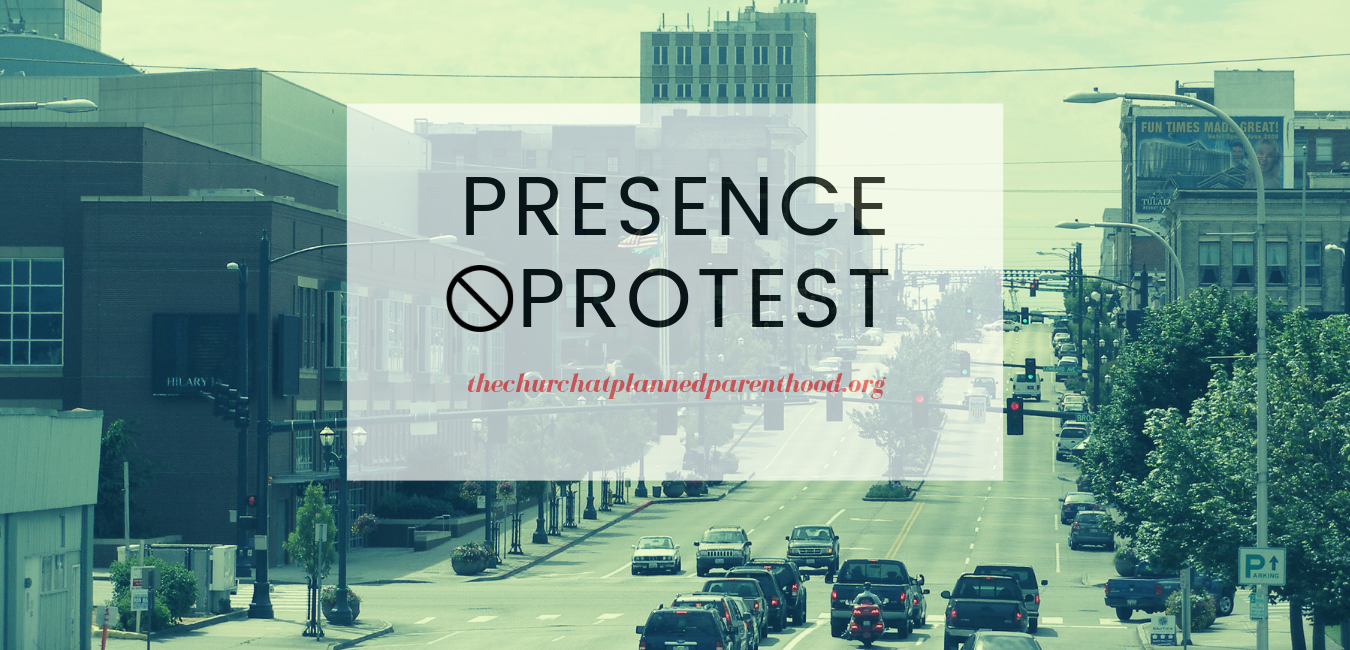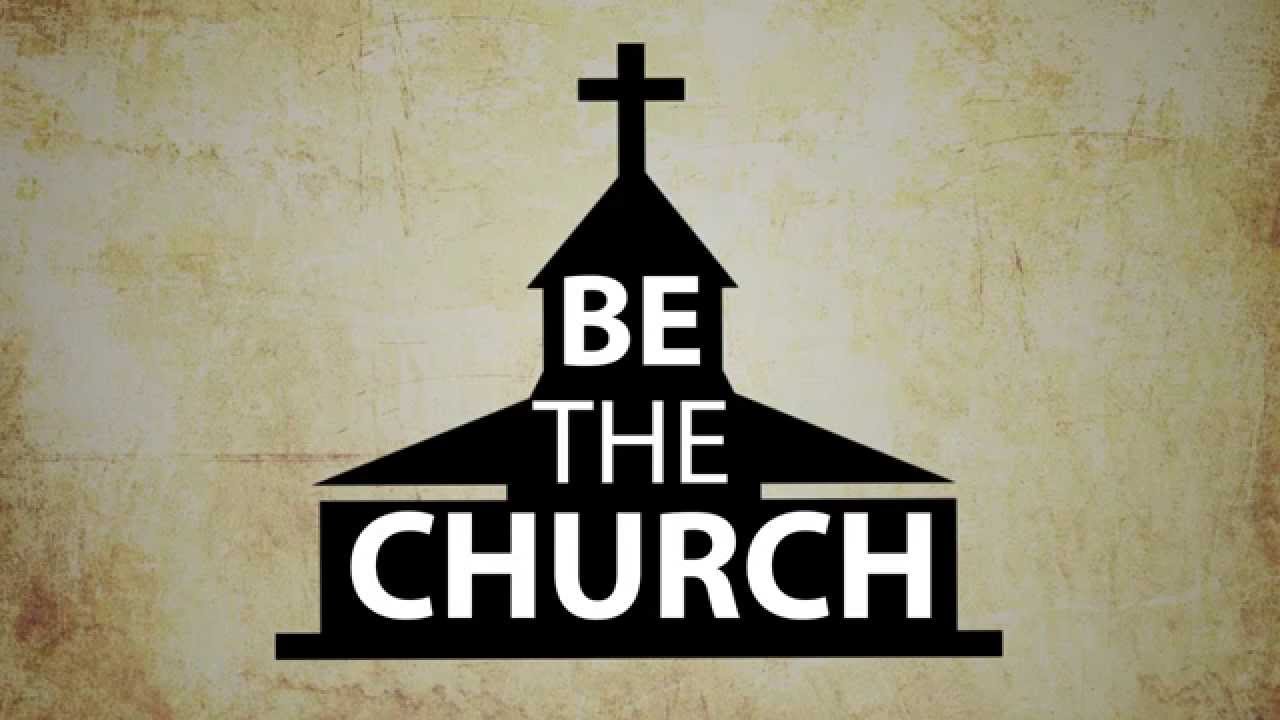LESSSON #14: No one is ever bitter.
When you become a pastor, it will only be a matter of time before you make a decision or statement that will be unpopular with someone. As pastor, you have the wonderfully horrible privilege of speaking the hard truth, making the hard call, and doing the hard things that won’t please everyone (not even sinless Jesus could do that). AND, when you “get” to make those hard choices, there is a guarantee that someone will not like it. As Dan Allendar writes in Leading with a Limp, when you DE-CIDE something, you KILL the alternative. When you say something is right, the antithesis is wrong, when you go left, you don’t go right. You get the picture. And because “killing” is so personal (even if it is the death of an idea), people take a difference of opinion or direction personally.
Invariably, this leads to statements like: 1) You don’t love me. 2) You don’t appreciate me. 3) You don’t understand me or some other variation of “you hurt me.” And anytime that someone says, you hurt me, regardless of how valid their feelings might be, there is the potential for bitterness.
Bitterness is one of the most pervasive and destructive ways we sin. It is also the sin that no one ever admits they commit. Many people deny their bitterness because it doesn’t manifest itselt out publicly in the worst possible way–intense antagonism or hostility. Their surface level “niceness” somehow minimizes the deeper feelings “meanness”. Privately, there are many who experience feelings of bitterness. That is what bitterness is–a feeling of tremendous grief, disdain, or severe pain (mental). Typically this feeling is localized around a person, people, event, or experience. And while a feeling in itself can’t be “wrong”, the source of the feeling is usually UNFORGIVENESS–which is sin.
We are warned in passages like Hebrews 12.15 about the trouble that comes from a “root of bitterness”. The author of Hebrews probably had in mind Deuteronomy 29.18 which identified bitterness as resulting from “turning away from the Lord” which produces fruit of bitterness. We can’t see “roots”, but we can see “fruit” Psalm 32 records David’s own unconfessed sin was evident: “For when I kept silent, my bones wasted away…groaned all day long…day and night your hand was heavy on me….my strength was dried up…” I wonder if we are blind to our bitterness. David was blind to his unconfessed sin until the prophet Nathan called him out…twice, once with a word picture and once shooting it straight.
If unforgiveness is not recognized, it will not be confessed. If it is not confessed, it will not be repented. If it is not repented of, it will ruin the individual, their family, and their community. Unforgiveness, which manifests itself in bitterness, is a result of not believing or understanding the gospel. The individual refuses to take responsiblity for anything as they are consumed with being a victim. They believe the person who “hurt” them (used loosely), should change, show empathy, or suffer in some way. And because they don’t “love ” in the way expected, they justify their wrath toward them in the form of unforgiveness. If Jeus sacrifice on the cross is not enough for them, newflash, it’s not enough for you. Bitterness is the very antithesis of the gospel.
But, instead of confessing unforgivness, people deny. Some will say they confess, but they will live as if governed by that past decision, word, or experience. They go on pretending they aren’t holding a grudge as they cryptically whisper about their negative experience with ___________[enter person who hurt you here]_______. In other words, as hard as it is to believe, no one has the right to harbor bitterness. Whether or not the person who “hurt” us sinned or not is irrelevant. Jesus never put prerequisites on the forgiveness he freely offers to you, and he doesn’t put any on the forgiveness he expects from us.





